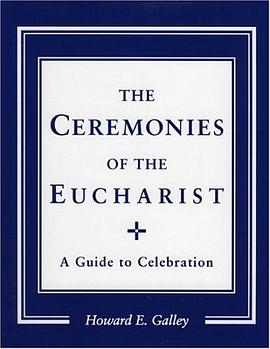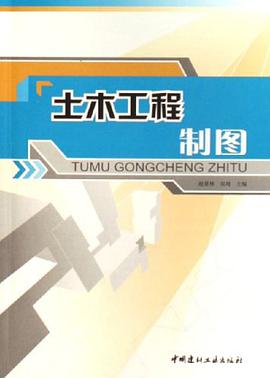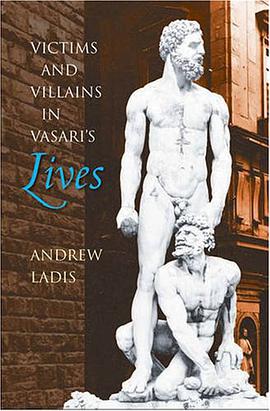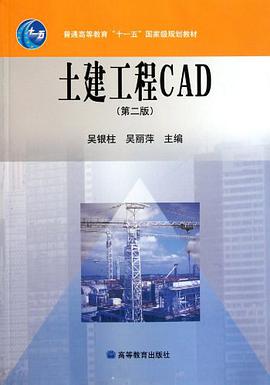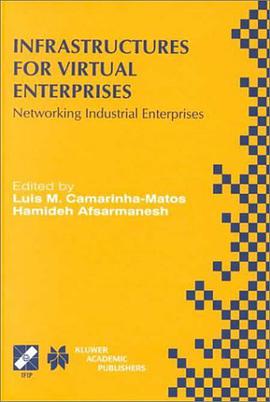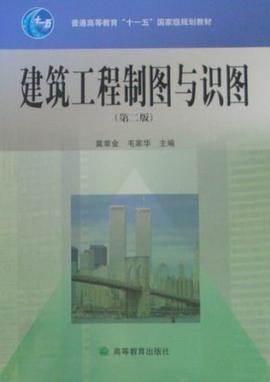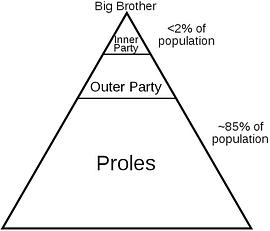
具体描述
In the totalitarian society of Oceania, ruled by the omnipotent and omniscient Party, in its propaganda, Emmanuel Goldstein is the principal enemy of the state — a former member of the Inner Party – continually conspiring against the leadership of Big Brother. Early in the story, about "the book" the protagonist thinks to himself: "There were . . . whispered stories of a terrible book, a compendium of all the heresies, of which Goldstein was the author and which circulated clandestinely here and there. It was a book without a title. People referred to it, if at all, simply as The Book".
Chapter I
Ignorance is Strength details the perpetual class struggle characteristic of human societies; beginning with the historical observation that societies always have hierarchically divided themselves into social classes and castes: the High (who rule); the Middle (who work for, and yearn to supplant the High), and the Low (whose goal is quotidian survival). Cyclically, the Middle deposed the High, by enlisting the Low, however, upon assuming power, the Middle (the new High class) they recast the Low into their usual servitude. In the event, the classes perpetually repeat the cycle, when the Middle class speak to the Low class of "justice" and of "human brotherhood" in aid of becoming the High class rulers.
In the twentieth century’s first half, the power-seeking Middle class dispensed with the pretence of pursuing justice for everyone: "In each variant of Socialism that appeared from about 1900 onwards the aim of establishing liberty and equality was more and more openly abandoned. The new movements which appeared in the middle years of the century . . . had the conscious aim of perpetuating unfreedom and inequality"; because the true goal was to end history upon becoming the perpetual High ruling class — composed not of aristocrats or plutocrats, but of "bureaucrats, scientists, technicians, trade-union organisers, publicity experts, sociologists, teachers, journalists and professional politicians" originally from "the salaried middle class and the upper grades of the working class".
Moreover, by the mid-twentieth century, technology had rendered feasible a totalitarian society; electronic apparatuses, such as the telescreen (transceiving television) allowed continuous governmental espionage of the populace: "The possibility of enforcing not only complete obedience to the will of the State, but complete uniformity of opinion on all subjects, now existed for the first time". After the revolutionary period of the 1950s and the 1960s, society divided itself into the High (Inner Party), the Middle (Outer Party), and the Low (Proles); the first used technology to establish themselves as the perpetual ruling class. The Inner Party, collectively fixed their privileged command-status when the old-style Socialists failed to perceive that the Party’s assumption of societal command had only concentrated political power to fewer people than under the deposed capitalism; they believed that the abolishment of private property had established Socialism, when it, in fact, established economic inequality.
Militarily, the Party do not fear the external conquest of Oceania — by either Eastasia or Eurasia — because the three super-states are military equals. The Oceanian social-class pyramid is a trinity: the ruling Inner Party — presided by Big Brother, an iconic, demigod leader (possibly fictional) meant to be worshiped and obeyed; the administrative Outer Party, who execute the rule of Oceania; and the Proles, who do the work. The mass of the populace will not revolt against the Party’s rule, because the Minitrue’s propaganda denies them the facts that would allow them to compare countries and political systems — and so discover their enslavement; therefore, the only possible, internal enemies would be "the splitting-off of a new group of able, under-employed, power-hungry people, and the growth of liberalism and scepticism in their own ranks".
The Proles usually are not subjected to propaganda: "They can be granted intellectual liberty because they have no intellect", thus no desire to rebel. Yet the inner and outer members of the Party are so controlled, lest they develop unorthodox intellectual deviations, be it scepticism or liberalism, thus, a Party member "is expected to have no private emotions and no respites from enthusiasm. He is supposed to live in a continuous frenzy of hatred of foreign enemies and internal traitors, triumph over victories, and self-abasement before the power and wisdom of the Party".
To safeguard the essential beliefs in the omniscience and infallibility of Big Brother and the Party, the Minitrue continually practices historical revisionism, because the past has no objective existence, given it resides in documents and in memory. To the end of suppressing any unorthodoxy, the Party inculcate self-deceptive habits of mind to the inner and outer members, thus crimestop ("preventive stupidity"), halts thinking at the threshold of politically-dangerous thought, and doublethink allows simultaneously holding and believing contradictory thoughts without noticing the contradiction, to wit:
“ . . . but by the exercise of doublethink he also satisfies himself that reality is not violated . . . To tell deliberate lies while genuinely believing in them, to forget any fact that has become inconvenient, and then, when it becomes necessary, to draw it back from oblivion for just so long as it is needed, to deny the existence of objective reality and all the while to take account of the reality which one denies — all this is indispensably necessary. Even in using the word doublethink it is necessary to exercise doublethink. ”
Hence the Party’s perpetuity: "for the secret of rulership is to combine a belief in one’s own infallibility with the power to learn from past mistakes . . . The prevailing mental condition must be controlled insanity".
Chapter III
Before reading the first chapter, Winston reads the third chapter War is Peace, which explains that slogan-title’s meaning, by reviewing how the global super-states were established: The US annexed the British Empire to form Oceania; the USSR annexed continental Europe to form Eurasia; and Eastasia emerged "after a decade of confused fighting", with China’s annexation of the Indian sub-continent, Japan, Korea, et al. In various alliances, they have warred for twenty-five years; yet the perpetual war is militarily nonsensical, because "it is a warfare of limited aims between combatants who are unable to destroy one another, have no material cause for fighting and are not divided by any genuine ideological difference", since each is a totalitarian state.
The historical review describes how, in the nineteenth and twentieth centuries, mechanised industrial production raised "the living standards of the average human being very greatly", and that it became "clear to all thinking people that the need for human drudgery, and therefore to a great extent for human inequality, had disappeared . . . hunger, overwork, dirt, illiteracy and disease could be eliminated within a few generations" — a threat to the Party’s perpetuity, because, ". . . if leisure and security were enjoyed by all alike, the great mass of human beings who are normally stupefied by poverty would learn to think for themselves", become politically conscious and so depose the ruling oligarchy; therefore, ". . . in the long run, a hierarchical society was only possible on a basis of poverty and ignorance". Given that large-scale, mechanised production could not be eliminated once invented, the Party arranges the destruction of surplus goods — before that makes "the masses too comfortable, and hence, in the long run, too intelligent", hence perpetual war:
“ is always so planned as to eat up any surplus that might exist after meeting the bare needs of the population . . . It is a deliberate policy to keep even the favoured groups somewhere near the brink of hardship, because a general state of scarcity increases the importance of small privileges and thus magnifies the distinction between one group and another. ”
Such a way of life creates, in the Party’s members, an externally-controlled mentality, wherein he or she is "a credulous and ignorant fanatic whose prevailing moods are fear, hatred, adulation and orgiastic triumph. In other words it is necessary that he should have the mentality appropriate to a state of war", although "the entire war is spurious . . . and waged for purposes quite other than the declared ones"; hence the populace believe it is real and will "end victoriously, with Oceania the undisputed master of the entire world". Despite unnecessary weapons development, the Inner Party know that the war must continue, that "the main frontiers must never be crossed by anything except bombs", lest an invasion of enemy territory allow the warring peoples to meet and discover that their lives are like those in the enemy super-state; even the ideologies — "Ingsoc", "Neo-Bolshevism", and "Obliteration of the Self" — alike portray the other as a barbarian:
“ Each is in effect a separate universe within which almost any perversion of thought can be safely practiced . . . The rulers of such a state are absolute, as the Pharaohs or the Caesars could not be. They are obliged to prevent their followers from starving to death in numbers large enough to be inconvenient, and they are obliged to remain at the same low level of military technique as their rivals; but once that minimum is achieved, they can twist reality into whatever shape they chose. ”
To wit, "the war" is "waged by each ruling group against its own subjects, and the object of the war is not to make or prevent conquests of territory, but to keep the structure of society intact", therefore, war is peace.
作者简介
O’Brien rejects Winston Smith’s perspective as nonsense, because he is a faithful member of the Inner Party, not a revolutionary of the Brotherhood. At the Miniluv, he tortures Winston in order to cure him of his political insanity: that there exists an objective reality external to that of the Party. In their torture chamber conversations, he tells Winston that The Theory and Practice of Oligarchical Collectivism, "the book" by Emmanuel Goldstein, was written by a committee that included him. When Winston asks O’Brien if "the book" is true, he replies: "As description, yes. The programme it sets forth . . . is nonsense".
目录信息
读后感
评分
评分
评分
评分
用户评价
相关图书
本站所有内容均为互联网搜索引擎提供的公开搜索信息,本站不存储任何数据与内容,任何内容与数据均与本站无关,如有需要请联系相关搜索引擎包括但不限于百度,google,bing,sogou 等
© 2026 qciss.net All Rights Reserved. 小哈图书下载中心 版权所有



